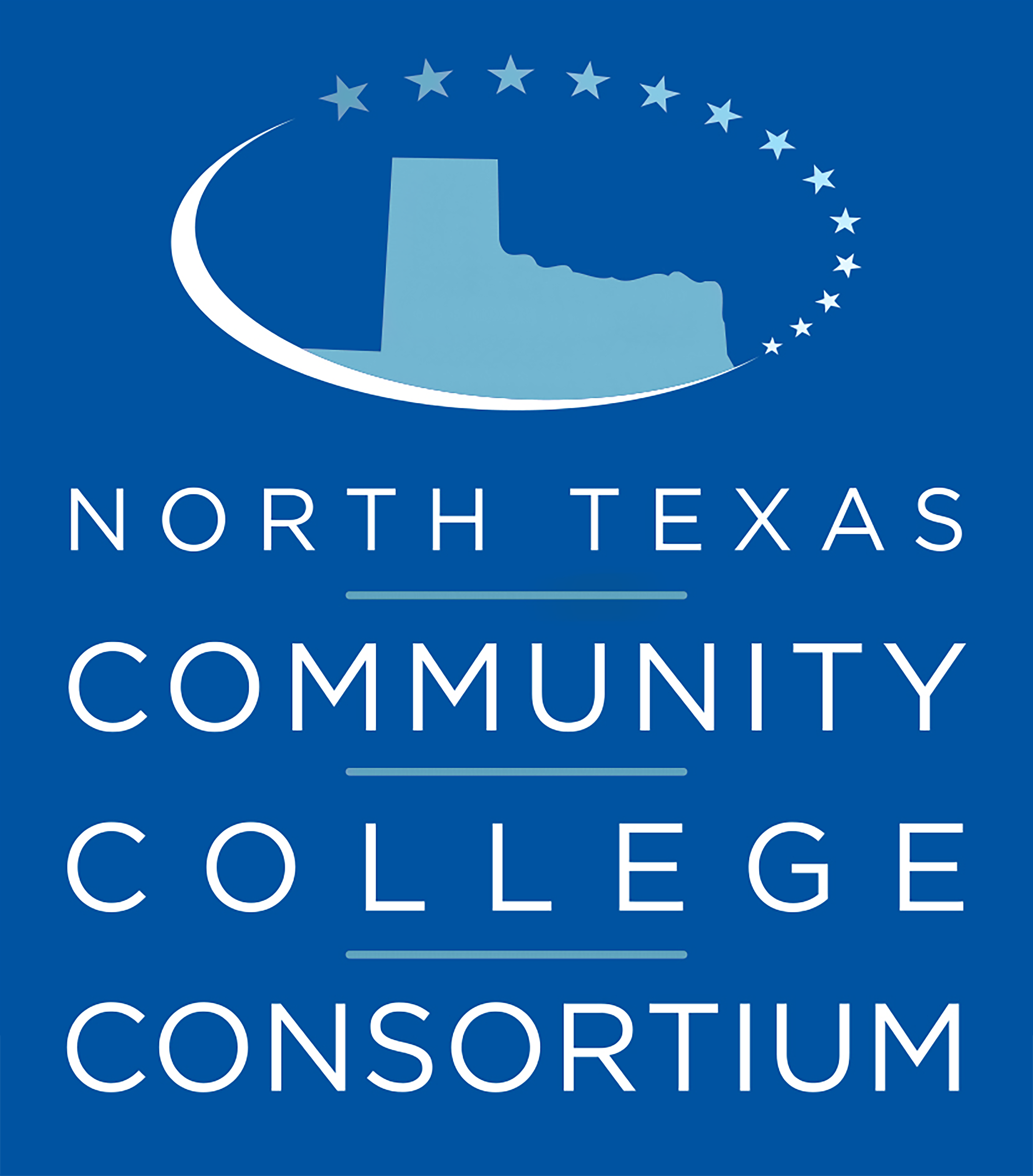Presented at: University Counselor Advisor Network Conference
Advising Trauma: Creating More Triumph and Less Triggering
Session Description
Some advising processes can have a traumatic impact on students. As identifying academic barriers become more critical, advising professionals must examine multiple factors. This session will explore the trauma of advising, identify skills for recognizing personal perception and impact, and examine processes that involve less triggering and more academic success.
Session Goals
Participants will be able to: • Define advising trauma. • Identify triggering behaviors. • Explain how one’s lens impacts outcome (impact). • Identify options for preventing advising trauma and positively impacting student success.
Full Description
A typical advising session is meant to be straightforward, clear and have a measurable outcome. Sounds pretty simple, right? The reality of advising is that our students often come to us in emotional states and can leave in even more emotional states that have a negative impact on the likelihood of them being retained and the likelihood of them completing a credential in an expected time range. The emotional states our students present with include hopefulness, excitement, fear, uncertainty, distrust, inferiority, dejectedness. In the worst cases, they can leave us feeling invalidated, rejected, even more confused, unworthy, disappointed, overwhelmed, and violated. Therefore, for students who have experienced a range of traumatic experiences in their personal lives, the additional trauma of advising can sometimes be too much. This session will explore the various ways that advising can morph into a traumatic experience for students. Real-life examples will be used to illustrate the concept of advising trauma. The role that perceptions play in impacting students will be discussed, along with the possible impact on retention and completion. Also, suggestions for improved processes that reduce the likelihood for trauma triggering will be provided. As many colleges and universities shift to a mindset of being student-ready, we must examine how professional advising fits into this evolving mindset. Advisors and administrators must consider how to be proactive about creating processes and procedures that increase the likelihood for academic success. This session is meant to engage learners at all knowledge levels. The conversation will be collaborative and interactive, encouraging participants to reflect and think critically about their work and opportunities for professional growth.
